Intrigue, Fascination, & Enlightenment
Dear Wonderfest friend,
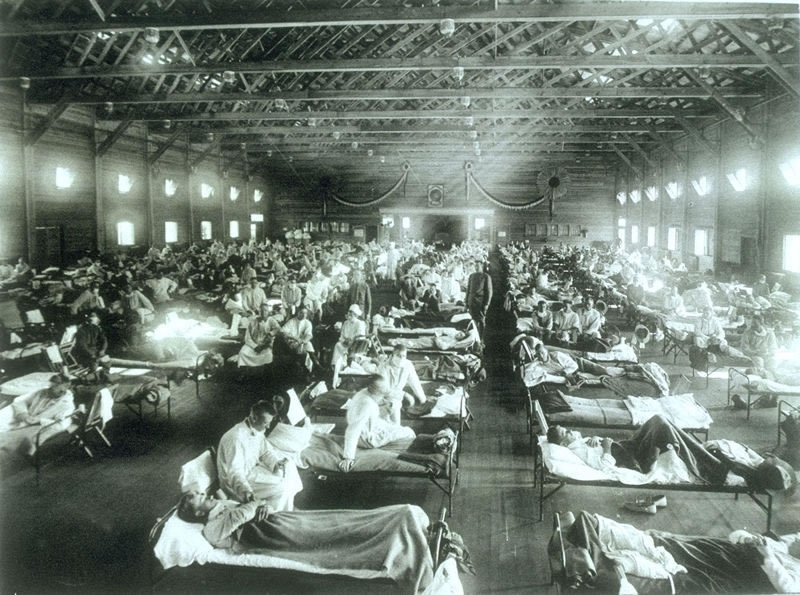

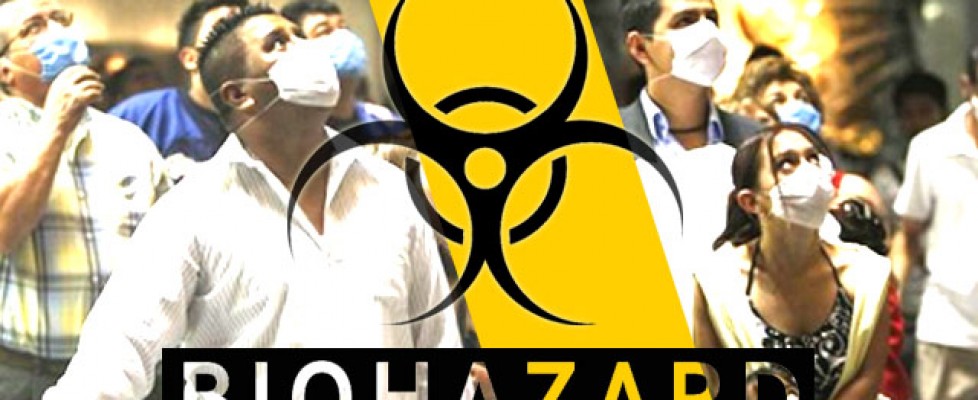
Dear Wonderfest friend,


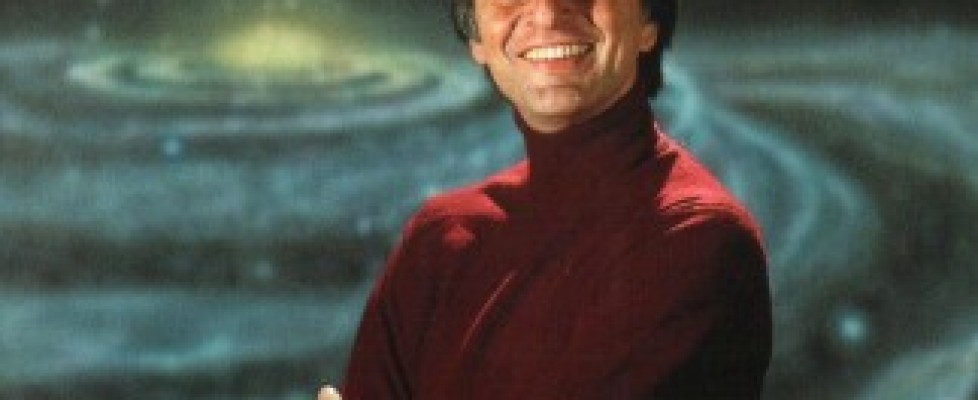
Dear Wonderfest friend,
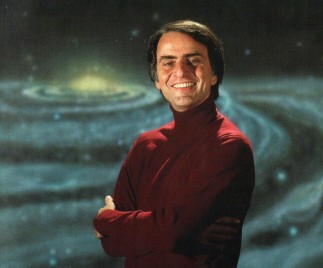
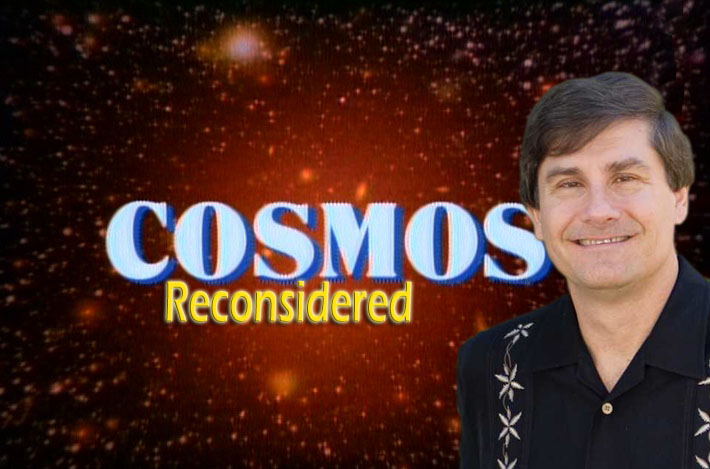
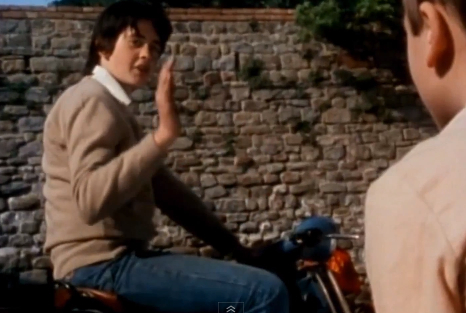

[button link=”/cosmos-reconsidered” color=”#b00″ size=”3″ style=”3″ dark=”1″ square=”1″] More | RSVP [/button]
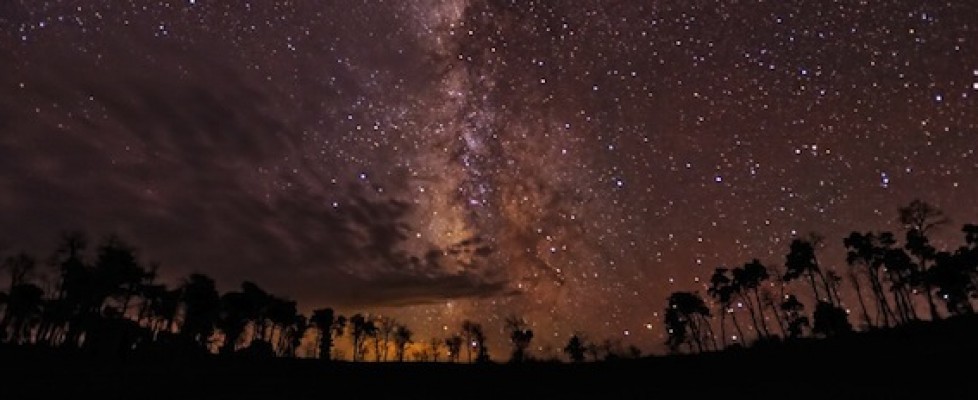
Dear friend of Wonderfest,
Can ignorance be thrilling? When that ignorance is profound, and embraces more than 80% of the material universe, maybe it can!
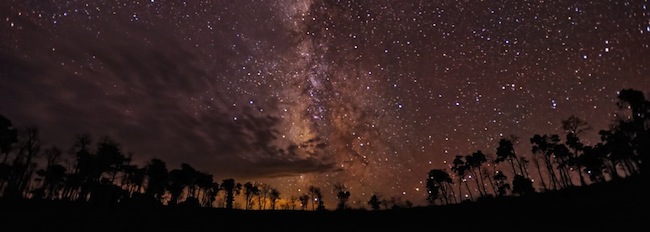
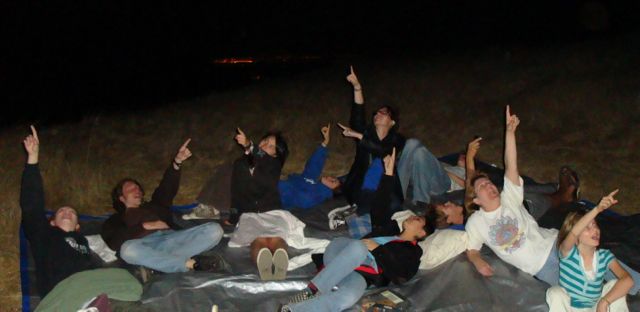
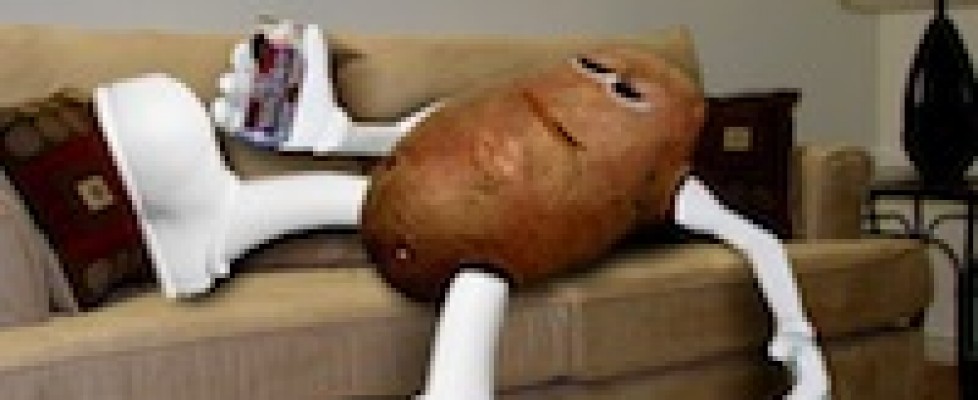
This is the third taproot episode of Radical Physics. The “bad law of physics” in the title refers to a common misstatement of Newton’s first law of motion (N1). Once inertia is properly understood, then the power, scope, and surprise of the real N1 can be appreciated.
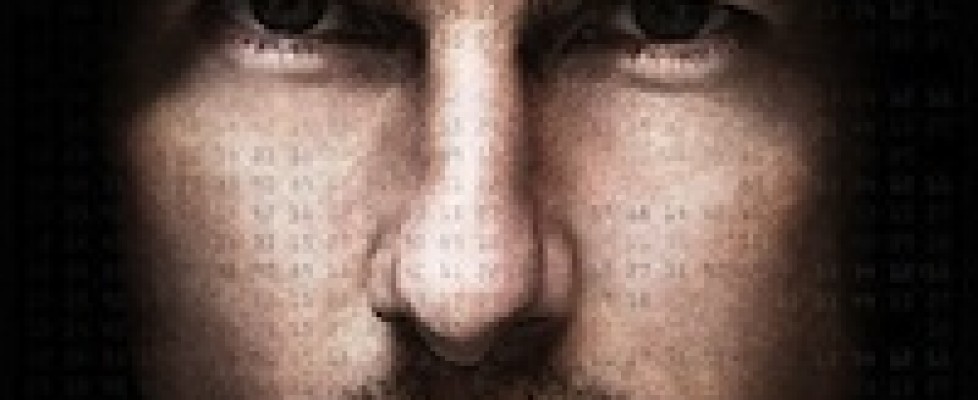
Dear friends of Wonderfest,
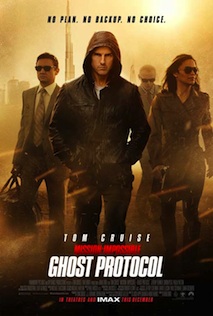
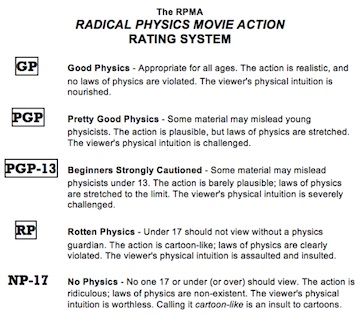
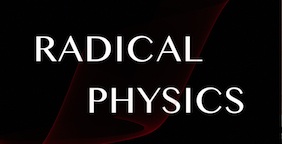
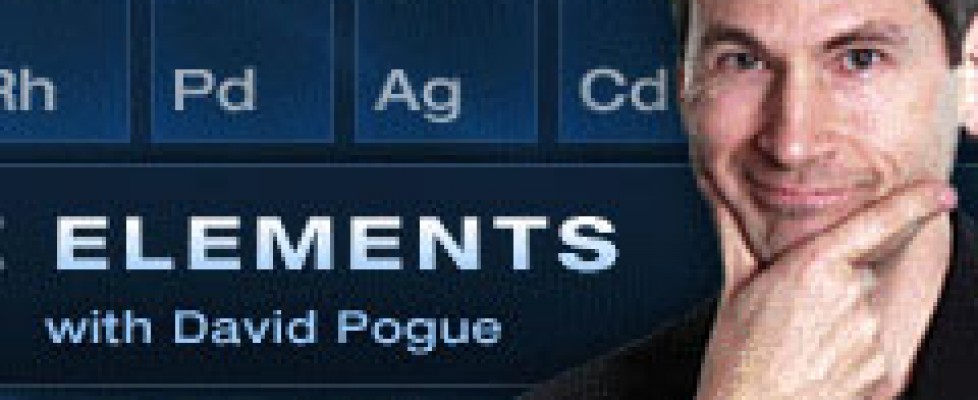
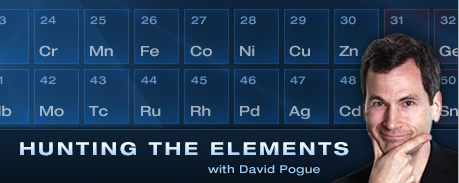
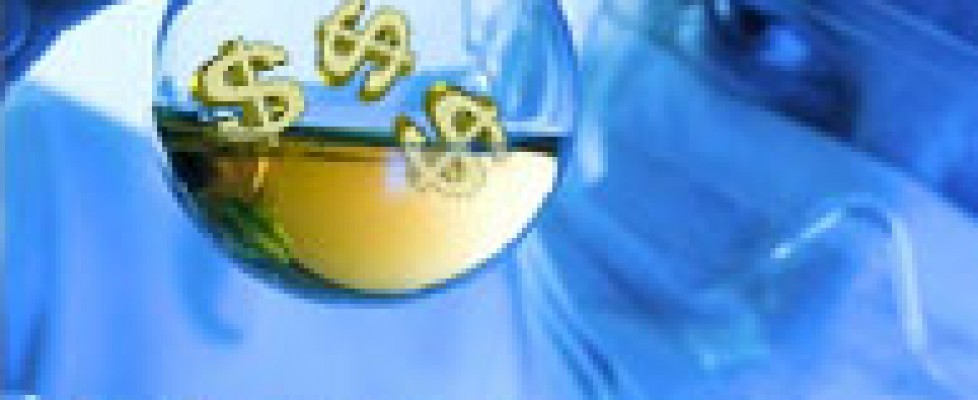
Dear Wonderfest friend,
As "the Bay Area Beacon of Science," Wonderfest is charged with illuminating a great deal of geographic and intellectual territory! Let's see if Wonderfest is living up to its ambitious new subtitle.
On March 2, Wonderfest joins the Stanford Chemistry Department in presenting Does Corporate Funding Corrupt Science? When corporate money supports research, is truth the ultimate goal, or is stockholder profit? The tobacco industry seems to offer a potent example of "private" science gone awry. Can we establish general conditions of research funding under which truth always triumphs?

Here is the group of outstanding scholars that Wonderfest has assembled for this panel discussion: (Respective areas of expertise appear in parentheses.)
For more information and for speaker biographies, please see this wonderfest.org page.
Next, on April 18, Wonderfest joins Ask a Scientist in San Francisco to explore one of the most profound questions in science: Whence Consciousness? UC Berkeley neuroscientist and anthropology department chair Terrence Deacon will present Incomplete Nature: How Mind Emerged from Matter.
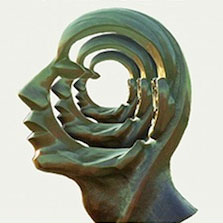
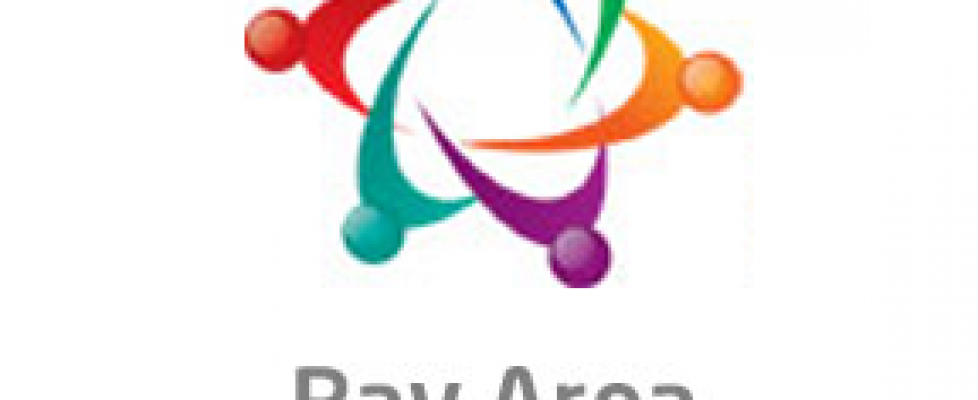
Dear Wonderfest friend,
For over a decade, November’s approach has gotten Bay Area science lovers all hot and bothered: Wonderfest was near!
Now that Wonderfest is the Bay Area Beacon (not Festival) of Science, and its events are spread throughout the year, perhaps we are all feeling the effects of November nostalgia and Wonderfest withdrawal.
BASF to the rescue! The Bay Area Science Festival (BASF) includes several Wonderfest-like presentations. In fact, one BASF event is actually co-produced by Wonderfest, and several other events involve long-time Wonderfest friends.
On Nov. 5, Wonderfest joins the Mt. Tamalpais Astronomy Program in presenting a lecture on one of the great mysteries of science: dark matter. This weird stuff constitutes more than 80% of the material universe, but we only observe it through its gravitational tug on the other 20%. Otherwise, dark matter is—in every sense of the word—dark to us.
But Wonderfest’s contribution to BASF will enlighten the subject a bit! UC Berkeley astrophysicist Dr. Michael Kuhlen will present a lecture and slide show entitled The Milky Way as a Dark Matter Laboratory. Immediately afterwards, Urban Astronomer Paul Salazar will lead a laser-guided tour of the gorgeous Mt. Tam night sky. And, finally, the San Francisco Amateur Astronomers will provide their big telescopes for a close-up public viewing of the heavens.
This Mt. Tam presentation is just one of many such “star parties” taking place throughout the Bay Area on that first Saturday evening in November. So, if getting to Marin is a challenge, consider one of the other BASF astronomy events closer to home.
The choreographer of the entire BASF Star Party series is the winner of Wonderfest’s first Carl Sagan Prize for Science Popularization, Andy Fraknoi. Besides working behind the scenes at BASF, Andy will be speaking about dwarf planet Pluto’s ignominious demotion at the single biggest BASF event on Sunday, Nov. 6. This same huge science bash—at AT&T Park, no less—will feature Wonderfest friend Zeke Kossover and his legendary Physics Circus.
One other BASF event that may particularly energize Wonderfest fans is the Science Trivia Contest at Ask a Scientist on Wednesday, Nov. 2. Why not drop by? If you’re worried that the competition may be stiff, take heart: at least one team (the Wonderfest team, including yours truly) will probably provide comic relief, unintentionally.
Wondrous regards,
Tucker Hiatt
Founder
P.S. It’s official: in the eyes of the state of California, Wonderfest is an independent nonprofit corporation. Now we are waiting for IRS acknowledgement of Wonderfest’s 501(c)(3) tax exemption.
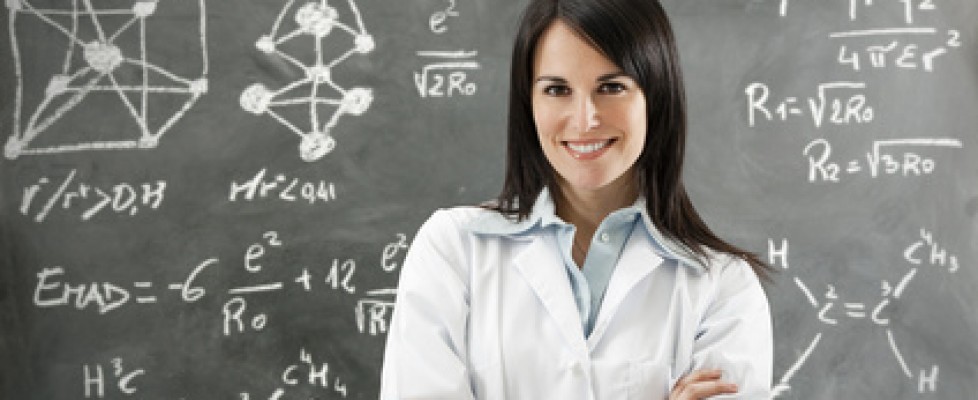
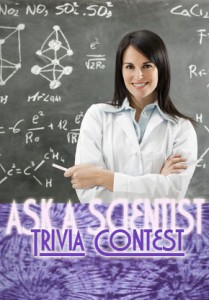
Join Wonderfest’s team at the Ask a Scientist “Science Trivia Contest,”
Wednesday, Nov. 2 <http://www.askascientistsf.
Just show up by 7pm; no Ph.D. necessary!
Ready to put your science smarts to the test? Tonight we will be celebrating the Bay Area Science Festival the best way we know how — with a boisterous science trivia contest hosted by Robin Marks of Discovery Street Tours. (It’s just like a pub trivia night, but without all those other boring categories.) Even if you don’t know your cortex from a coprolite, come enjoy a night of fascinating science trivia and general revelry. You can bring your own team of ringers with you, assemble a team with others on the spot, or just come to cheer, hang out, and learn stuff. The winning team will receive an awesome prize and a really cool feeling of superiority that should last at least several days. Six people max per team. Bring your own writing utensils.
Trivia Mistress: Robin Marks of Discovery Street Tours
Location: Atlas Cafe, 3049 20th Street, San Francisco
Cost: Free
Eats: Bring appetites. Atlas has an excellent menu.
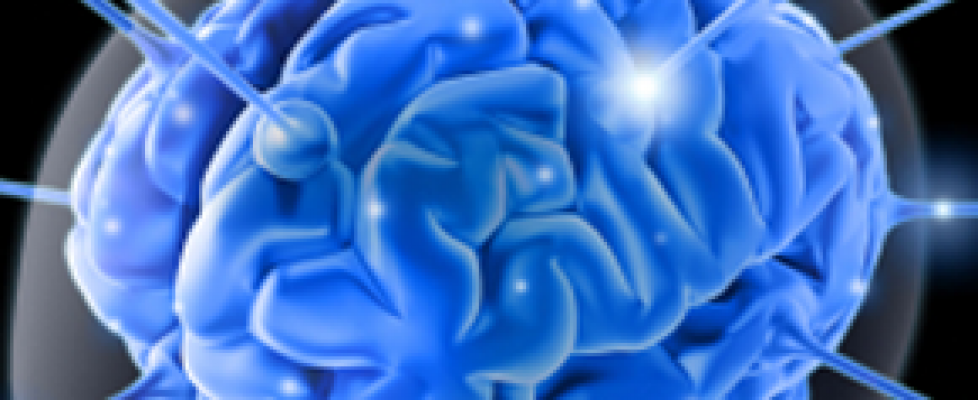
Dear Wonderfest friend,
I am especially excited about our next event, just two days away. On Thursday, September 22, we will explore Does Quantum Weirdness Influence the Brain? at the Randall Museum Theater in San Francisco. I am “especially excited” for two reasons: (1) this is the first Wonderfest collaboration with Ask a Scientist, and (2) this title question involves topics that get my wonder gland working overtime.
To get some overtime yourself, please take another look at the “blurb” that described this talk in the last Wonderfest newsletter:
Neuroscientists say that there is a mystery at the core of our understanding of consciousness. Physicists say that there is a mystery at the core of our understanding of quantum mechanics. Do these two mysteries have anything to do with each other? UC Berkeley physicist Stan Klein, a founding member of the Association for the Scientific Study of Consciousness, will help us to get a good scientific handle on this thorny, important, and controversial topic. Find out what Dr. Klein has to say about the role of “quantum weirdness” as it relates to the awesome capabilities of the brain, personal awareness, free will, and even parapsychology.
Wonderfest fans have asked for clarification regarding the two mysteries mentioned here. I try to provide this in the paragraphs below.
The “mystery of conscious awareness” may be best seen in the phenomenon of subjective experience. Consider a specific example: the subjective experience of warmth. I know what it is to be warm, i.e., to feel warmth. Poca, the wonder dog, seems to feel warmth, too: she reacts to it the way I do, and she has much the same warmth-sensing nervous system circuitry that I have.
Even the 1-mm-long worm called C. elegans seems to experience warmth. That’s a much tougher “call,” however, because worm behavior is harder to interpret than dog behavior. And, more to the point, worm nerve circuitry is VERY much simpler than dog and human nerve circuitry.
But let’s compare the circuitry of C. elegans to the circuitry of a home thermostat. A thermostat “senses” warmth, but few people claim that a thermostat has a subjective experience of warmth.



C. elegans has about 300 circuit elements (“neurons”). A complicated thermostat may also have a few hundred circuit elements (including many transistors). Neurons are not transistors, of course, but these two types of “switches” appear to perform similar functions. This is why the term circuitry is used by both neuroscientists and electrical engineers.
Here, in a nutshell, is the mystery (or at least one mystery) of conscious awareness: Why do we say that C. elegans might be aware of warmth, while we do not say that the thermostat might be aware of it?
Let me rephrase the question in terminology first made famous by philosopher Thomas Nagel. Why do these two questions have such different answers: “What is like to be a warm C. elegans?” “What is it like to be a warm thermostat?”
To be a warm C. elegans might be at least a tiny bit like being a warm dog or a warm human. But to be a warm thermostat is not “like” anything. Thermostats are not aware. Thermostats do not have subjective “conscious” experiences. (We believe!)
Where does quantum “weirdness” come into this? The kind of quantum weirdness that seems most relevant to what goes on in the brain is called superposition. Superposition refers to one quantum having two irreconcilable attributes at the same time. For example, an electron might be both here and there simultaneously; or a photon might be both “spin up” and “spin down” simultaneously.</>
Bear in mind that superposition is evident in the quantum realm: the realm of the very small and, sometimes, the very cold. The brain’s smallest relevant components seem huge by quantum standards. And those components function in a warm environment: a room temperature body.
Here, in a nutshell, is the mystery (or at least one mystery) of quantum physics: How does the weird indefiniteness (superposition) of the micro-world become the ordinary definiteness of the macro-world. An electron may be both here and there, but a Buick is either here or there, not both. What about a neuron? Can a neuron both fire and not fire at the same time? And even if so, could this influence consciousness?
Does quantum weirdness influence the brain? I can’t wait to entertain such a question with Prof. Klein … and with you. See you on Thursday!
Tucker Hiatt
Executive Director
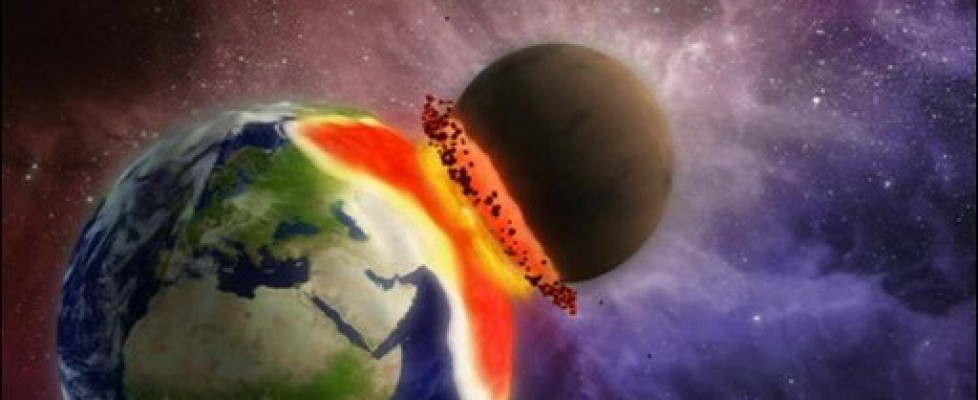
Dear friend of Wonderfest,
Were you a little disappointed(!) by last spring’s Rapture no-show? Well, maybe Wonderfest can help!
On Sunday, August 28, you are cordially invited to San Francisco’s Roxie Theater to learn about Real Doomsdays: How Life Could End on Earth. This trademark Wonderfest dialogue will feature two outstanding speakers: UCSC’s Greg Laughlin and NASA’s Chris McKay.

Here’s a compact, eminently forwardable summary of all the specifics, in case you don’t want to send this entire message to your friends. (But please do spread the word!)

Recall that Wonderfest, now the Bay Area Beacon (not Festival) of Science, will not be producing a weekend festival as it has since 1998. Instead, events like this Doomsday dialogue will pepper the calendar year-round. Our venues will change, as well. This event at the Roxie promises plush seating and good munchies. Add some Earth-shattering science insights, and perhaps a rapturous experience will ensue after all!
Wondrous regards,
Tucker Hiatt, Wonderfest director
P.S. For a beautiful overview of past Wonderfest dialogues, please revisit the Wonderfest website. Technical director (and Picturoo CEO) Eric Yao has assembled finely edited videos of dialogues from the past three years. They — and even a master list of ALL Wonderfest dialogues since 1998 — appear under the Archives menu. Thank you, Eric!
Dear friend of Wonderfest,
The previous issue of this newsletter described how Wonderfest is “merging” with the Bay Area Science Festival (BASF). The unfortunate title of that message, “Wonderfest becomes BASF,” disappointed a few thoughtful folks who are fond of Wonderfest, and they made their disappointment clear.
We all want BASF to be a glorious success. And we can be proud that key elements of Wonderfest promise to be a big part of that success. However, Wonderfest is not “becoming” BASF. In fact, Wonderfest is beginning a year-long, multi-faceted period of profound growth and experimentation:
(1) After fourteen years as “The Bay Area Festival of Science,” Wonderfest’s subtitle is becoming “The Bay Area Beacon of Science” — reflecting that growth and experimentation.
![]()
(2) Wonderfest is joining forces with San Francisco’s original “science cafe,” Ask a Scientist, to produce regular science evenings at accessible venues throughout the Bay Area. Science dialogues and lectures will flourish year-round, not just during one weekend in November. Ask a Scientist creator Juliana Gallin is convinced—as am I—that together we can engage more people with science than either of our two independent institutions did in years past. Our first joint-venture event is scheduled for August. Stay tuned for news of its subject and speaker(s).
(3) Wonderfest is producing an extended series of online science videos. These “Wonderings” will complement more formal online fare like that of Khan Academy. Wonderings videos will be lively and witty, diverse and fun. Most of all, they will be compelling and accurate and wonder-inspired. A hint of the hundreds(!) of Wonderings to come can be seen in this prototype entitled She Has a Need for Speed. YouTube phenom Jack Conte is helping Wonderfest to produce the Wonderings AND to post them on YouTube in ways that will earn large viewerships and, consequently, engage a lot of people with science.
Do YOU have a question that can inspire an exciting episode of Wonderings? If so, please send it here. Perhaps even send it in simple YouTube video format (by attaching the URL). This is what the celebrity(!) questioner did in She Has a Need for Speed. Good questions—in video format or not—will be featured in upcoming episodes.
I hope you are (nearly!) as excited by the evolving Wonderfest as I am.
Wondrous regards,
Tucker Hiatt, Wonderfest Director
P.S. Early evidence of the collaboration between Wonderfest and Ask a Scientist can be seen in person on Wednesday, June 8, at 7:00pm. A certain Wonderfest director will be addressing “How to Blend Physics Into Your Worldview” at San Francisco’s Bazaar Cafe as a part of Ask a Scientist’s How-To Night. If you have time, please stop by!
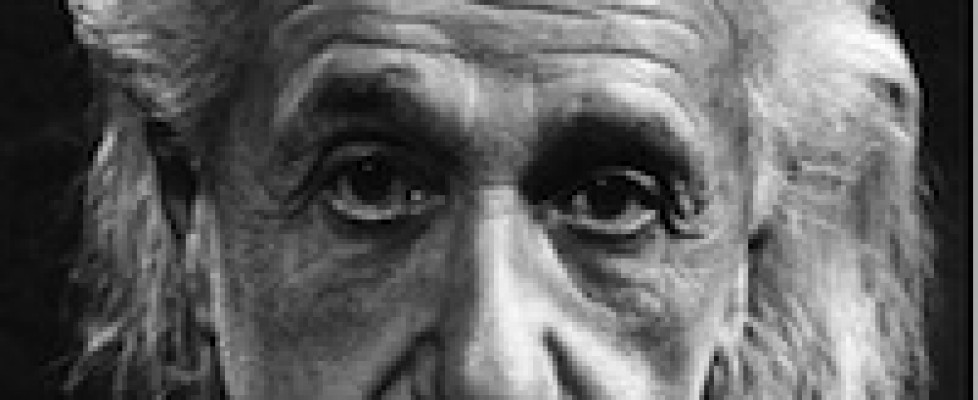
According to Einstein, “There are only two ways to live your life. One is as though nothing is a miracle. The other is as though everything is.”
Perhaps part of the reason you are reading this newsletter — and are interested in Wonderfest — is because you share Einstein’s all-or-nothing view of miracles … or, rather, his all-and-nothing view. Wonderfest helps us to appreciate the miraculous, i.e., to appreciate everything, through understanding.
Wonderfest 2010 comes to Stanford and UC Berkeley next weekend, Nov. 6-7. The schedule of events lists six major “dialogues” and several other formal events in the big auditoria. Admission is FREE! REGISTER NOW!
Consider, for example, the live podcast of This Week in Science with Dr. Kirsten “Kiki” Sanford and Justin Jackson at Cal on Sunday, Nov. 7. Neuroscientist Dr. Kiki will be interviewing Wonderfest audience members, so be on your toes!
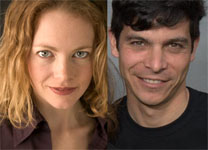
Non-dialogue events — Science art, science books, and science comedy (just to mention the a-b-c’s) — will beckon Wonderfest visitors at Stanford’s Amateur Science Forum on Saturday, and at Cal’s Bay Area Science Expo on Sunday.
By popular demand, a non-dialogue main event that happened at Wonderfest 2009 is being reprised in 2010, but with new insights. Neuroscientist and magician Luigi Anzivino will describe how magicians use their understanding of physiology and psychology to fool us so easily. “Neuromagic” takes place at Stanford on Saturday, Nov. 6.

Actually, a bit of “neuromagic” takes place every day in each of us. We humans see regularities in the world, and we do our best to make a science of them. It is a beautiful, challenging, wonderful process. But we must not forget that these regularities — even the deepest laws of physics — are tentative and provisional and, according to big Al Einstein, even miraculous.
Wondrous regards,
Tucker Hiatt, Wonderfest director
P.S. What about food at Wonderfest? Finding a good meal near Cal’s Stanley Hall is easy: there are many restaurants near the intersection of Hearst and Euclid, less than a 10-minute walk away. Dining near Stanford’s Hewlett Teaching Center was a bit dicier … until now: California Cafe , a 10-minute walk from Hewlett — is offering Wonderfest attendees a 10% discount on that Saturday evening. Please just make your reservation by this Thursday, Nov. 4, so that California Cafe can adjust its staffing needs accordingly.
P.P.S. Share the gift of wonder. We are successful if more people come to enjoy Wonderfest. So, we ask that you help us by inviting all your friends to come, to promote us on blogs and facebook, or wherever.